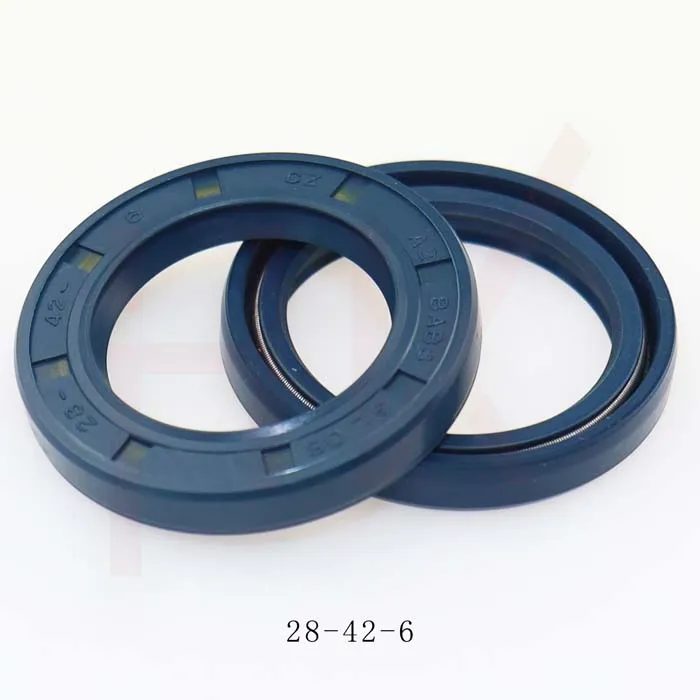10 月 . 31, 2024 09:58 Back to list
replacing seals on a hydraulic cylinder
Replacing Seals on a Hydraulic Cylinder A Step-by-Step Guide
Hydraulic cylinders are crucial components in numerous machines, ranging from construction equipment to manufacturing machinery. These cylinders rely on seals to maintain pressure and prevent fluid leaks. Over time, seals can wear out due to friction, contamination, or age, leading to reduced efficiency and potential damage. Therefore, replacing seals on a hydraulic cylinder is an essential maintenance task that can save time and costs in the long run. This article provides a step-by-step guide on how to effectively replace seals in a hydraulic cylinder.
Step 1 Gather Tools and Materials
Before starting the replacement process, it’s important to gather all necessary tools and materials. You will need
1. A clean workspace 2. Wrenches and socket sets 3. A seal removal tool or pick 4. Replacement seals 5. Hydraulic fluid 6. Clean rags 7. Safety goggles and gloves
Step 2 Depressurize the Hydraulic System
The first step in replacing seals is to ensure that the hydraulic system is depressurized. This is crucial for safety. Shut off the machine and disconnect the hydraulic lines. Use a pressure gauge or valve to release any remaining pressure in the system. Always wear safety goggles and gloves to protect yourself from potential hydraulic fluid exposure.
Step 3 Remove the Hydraulic Cylinder
Once the system is depressurized, you can begin detached the hydraulic cylinder from the machine. Use the appropriate wrenches to loosen and remove any bolts or fasteners securing the cylinder. Carefully slide the cylinder out, being mindful of any attached components that may obstruct its removal.
Step 4 Disassemble the Cylinder
Place the hydraulic cylinder on a clean, flat surface. To access the seals, you will need to disassemble the cylinder. Remove any end caps and internal components, taking care to remember the order of assembly. It may be helpful to take notes or pictures for reference when reassembling.
replacing seals on a hydraulic cylinder

Step 5 Remove Old Seals
Using a seal removal tool or pick, gently pry out the old seals from their grooves. Be cautious not to scratch or damage the surfaces of the cylinder as this could lead to future leaks. Ensure that you remove all remnants of the old seals, as any debris can interfere with the new seals’ performance.
Step 6 Install New Seals
Before installing new seals, clean the grooves and the cylinder surface thoroughly to remove any dirt or debris. Lubricate the new seals with hydraulic fluid before installation, which will help them fit more easily and provide a better seal. Carefully press the new seals into their respective grooves, ensuring they sit evenly and snugly.
Step 7 Reassemble the Hydraulic Cylinder
Once the new seals are in place, reassemble the hydraulic cylinder in the reverse order of disassembly. Ensure all components are secured tightly but do not overtighten, as this may damage the seals.
Step 8 Reinstall the Cylinder and Test
With the cylinder reassembled, reinstall it into the machine, reconnect the hydraulic lines, and fill the system with hydraulic fluid if necessary. Before conducting full operations, conduct a pressure test to check for leaks. Monitor for any irregularities during initial operation.
Conclusion
Replacing seals on a hydraulic cylinder is a manageable task that requires attention to detail and safety precautions. By following these steps, you can ensure the longevity and efficiency of your hydraulic system. Regular maintenance, including seal replacement, will keep your machinery running smoothly and reduce the likelihood of costly repairs in the future.
-
The Power of Advanced Sealing: High-Pressure Solutions for Modern Machinery
NewsOct.29,2024
-
Optimizing Machinery with High-Performance Oil Seals
NewsOct.29,2024
-
Maximizing Machinery Efficiency with Advanced Oil Seals
NewsOct.29,2024
-
Ensuring Equipment Longevity with Quality Oil Seals
NewsOct.29,2024
-
Enhance Equipment Performance with Quality Oil Seals
NewsOct.29,2024
-
Custom Oil Seals for Specialized Machinery Needs
NewsOct.29,2024
-
The Role of Wiper Seals in Dust Sealing and Oil Protection
NewsOct.20,2024
Products categories
















